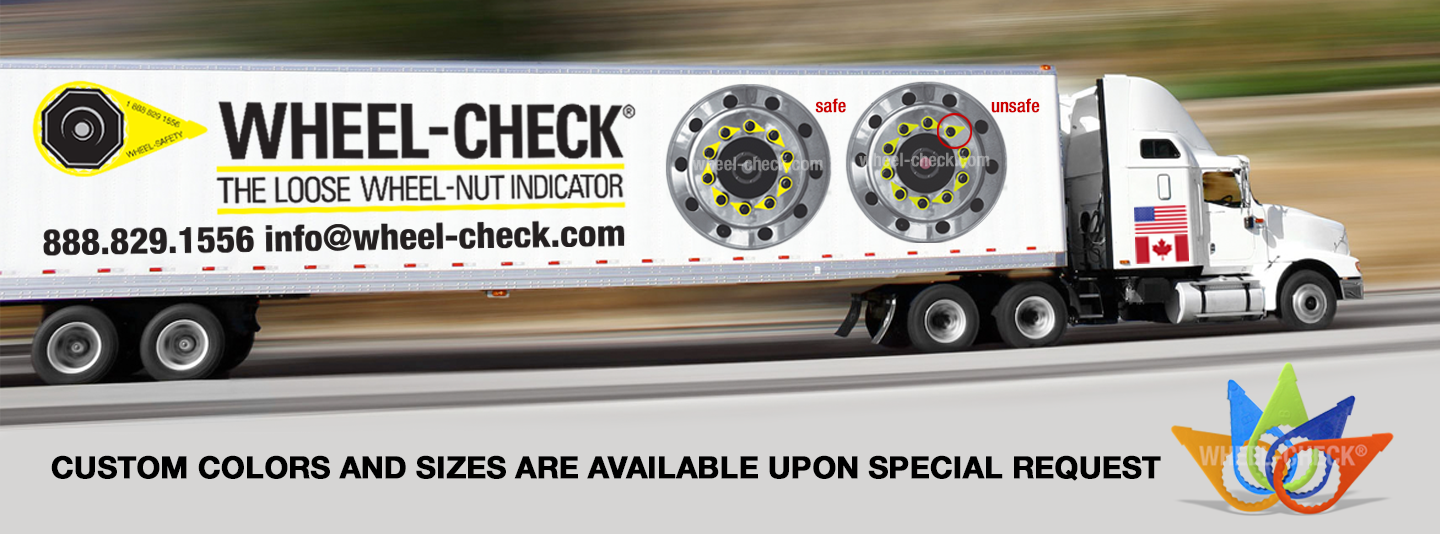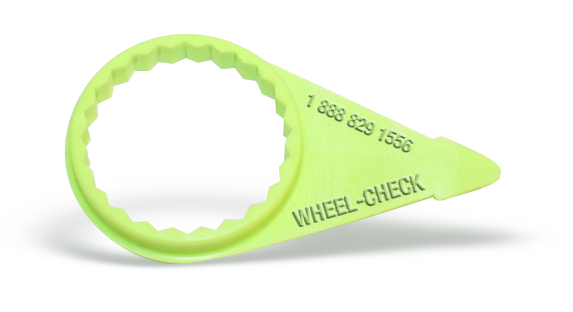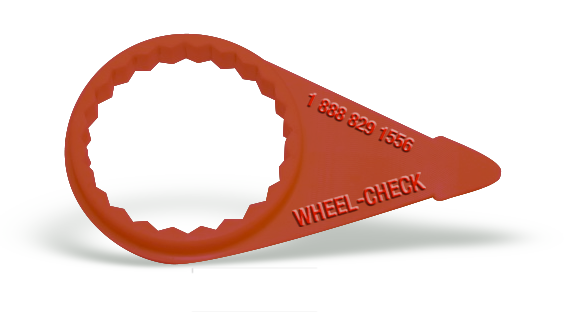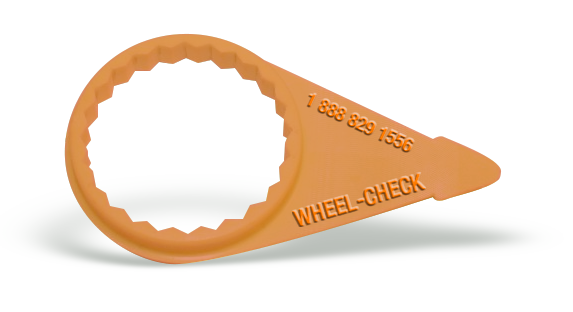

POLICE TARGET RECKLESS TRUCKERS
ONE DAY BLITZ SHIFTS FOCUS FROM DEFECTIVE RIGS TO BAD DRIVERS
The Toronto Star, Bob Mitchell, Staff Reporter
January 31, 2000
Reckless truck drivers are to be targeted this morning as the fifth annual Angela Worona Memorial truck blitz gets under way in east Toronto.
"I've ordered my officers to target every aggressive truck driver they find...There is no room for them on the road,'' said Ontario Provincial Police Superintendent Jay Hope, regional commander for Greater Toronto.
"My officers have a new mandate for the year 2000: We're still going to be looking for defective equipment, but they're going to be concentrating on the driver,'' he said.
There are a lot of good truck drivers out there, but people are telling me they're scared to drive beside some of these big rigs.
"They're intimidated. Sometimes they feel they're being pushed off the road. We have to make sure these aggressive truck drivers are taken off the road.''
Speeding truck drivers and those making improper turns and careless maneuvers will be targeted, as will companies with known poor safety records.
Officers from the OPP, the RCMP and several municipal forces will be patrolling Highway 401 near Brock Rd. in Pickering during the one-day blitz. Police also say they will also patrol surrounding arterial roads, looking for truck drivers trying to avoid highway detection.
The blitz is named after a 31-year-old Whitby woman who was the first of four Toronto-area people to be killed by flying truck wheels in 1995 and 1996. Others killed and remembered today are Jamie Tyrrell, Robina Campbell and her daughter Mary Jessiman, all from Mississauga.
An inquest into the deaths of Worona and Tyrrell led the province to introduce some of North America's toughest trucking laws, including increased fines and putting unsafe transport trucks in compounds known as truck jails for a minimum of 15 days.
Last year, provincial police probed 193 major collisions involving trucks and passenger cars on Greater Toronto highways.
"But we found the driver of the car was responsible for about every six of these 10 collisions,'' Hope said. Trucks were involved in 20 of the 72 fatal accidents, Hope said.
Although truck companies are taking better care of their equipment, police say they're finding more inexperienced drivers on the road - a potentially deadly problem with the ever-increasing number of trucks using major highways, particularly in the GTA.
"Far more collisions involving trucks are caused by bad drivers than bad equipment, although one could argue that bad drivers tend to drive bad trucks,'' said OPP Sergeant Cam Woolley, head of the force's Truck Troopers unit, which investigates commercial vehicle collisions.
"We're seeing more tired drivers involved in collisions. We're finding the aggressive truck drivers we stopped have exceeded their allowed hours and that affects their judgment because they're tired,'' he said.
"We're finding drivers who drive at high speed into stopped traffic or miss curves often do so because they're fatigued.''
Some drivers exceed their work hours because some companies provide them with incentives to work longer hours for extra pay, Woolley said. Trucking companies are under pressure from clients to keep drivers on the road longer to avoid stiff financial penalties for missing delivery times.
"The industry has quoted penalties of $100,000 to $200,000 per hour, and I've heard up to $5,000 per minute if deliveries are late,'' Woolley said.
"There's a lot of pressure for these drivers to work longer hours to make sure the goods get to their destination.
"Traffic volumes have more than doubled in the past decade and that has left less margin for error and put a real load on the trucking industry, because it carries Ontario's economy.''
Woolley said there is a North America-wide shortage of qualified truck drivers - 50,000 alone in Canada - resulting in more inexperienced drivers entering the workforce.
"Twenty years ago, companies would only hire drivers with a pretty good record, but now there is pressure to hire less experienced drivers,'' Woolley said. ``And that has created an industry of fly-by-night trucking schools, which have taken advantage of the fact there are no standards for these schools.''

WHEEL-CHECK®: High visibility loose wheel-nut indicator

WHEEL-TORQUE: Red torque indicator used to mark a nut has backed off, and maintenance is aware of the problem

WHEEL-CHECK®, HIGH TEMPERATURE: Loose wheel-nut indicator that withstands higher temperatures

WHEEL-CHECK®, CUSTOM COLORS: Custom colors and sizes are available upon special request.
© All Rights Reserved. WHEEL-CHECK®, THE LOOSE WHEEL-NUT INDICATOR. "25 years helping roads to be safer."
*The use of Wheel-Check® in no way guarantees wheel-offs will NOT occur.